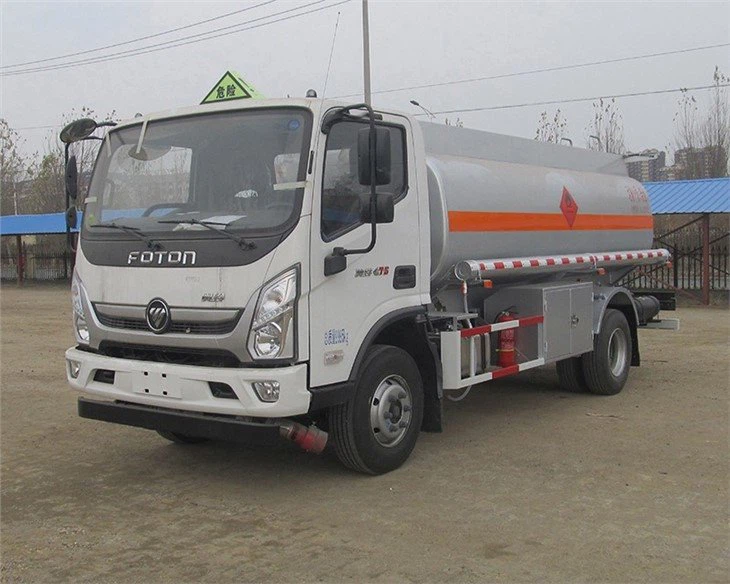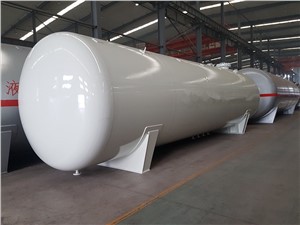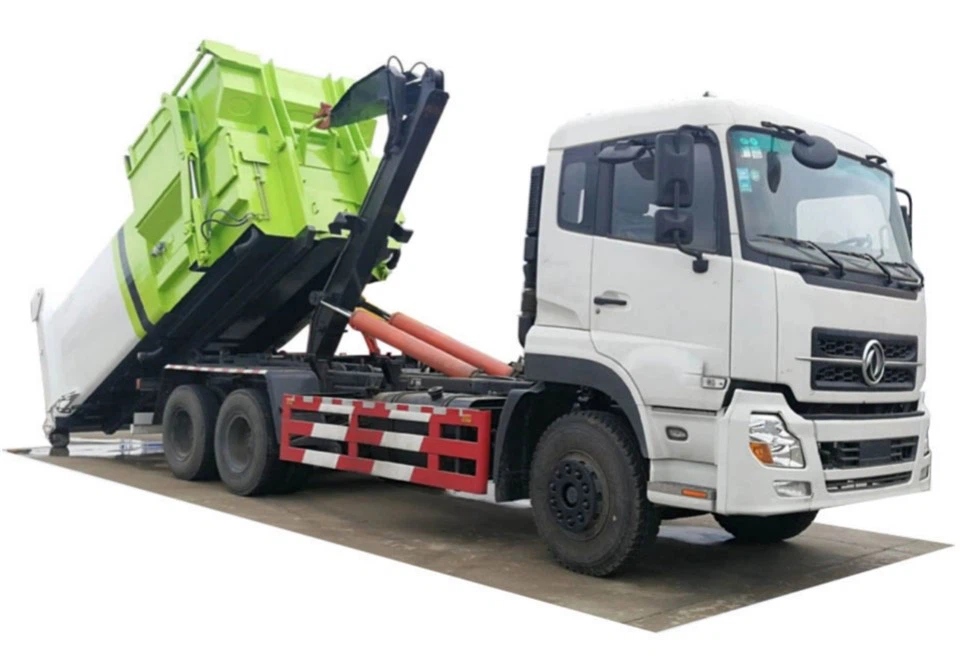The Comprehensive Guide to the Cost of Cement Mixer Trucks

Introduction
Cement mixer trucks play a vital role in the construction industry, ensuring that concrete is delivered fresh and in the right quantity. However, understanding the cost associated with these vital pieces of equipment is essential for making informed purchasing decisions. This article provides an in-depth exploration of the factors affecting the cost of cement mixer trucks, offering insights into types, prices, maintenance, and ways to make the most of your investment.
Types of Cement Mixer Trucks
1. Conventional Mixer Trucks
Conventional mixer trucks are designed to transport ready-mixed concrete from the batch plant to the construction site. Their drum rotates to keep the concrete agitated during transport, ensuring uniform mixing.
2. Volumetric Mixer Trucks
Volumetric mixer trucks mix concrete on-site by combining the ingredients in specific ratios. This allows for flexibility in production since concrete can be mixed as per the exact requirements of the project.
3. Mini Mixer Trucks
Mini mixer trucks are smaller and more versatile, ideal for smaller projects or urban construction sites where space is limited. They can navigate tighter areas while still delivering quality concrete.
Comparison Table of Mixer Truck Types
| Type | Typical Cost Range | Best For | Pros | Cons |
|---|---|---|---|---|
| Conventional | $100,000 – $200,000 | Large Projects | High capacity, reliable | Higher upfront cost |
| Volumetric | $150,000 – $250,000 | On-site mixing | Flexible and customizable mix | Requires skilled operator |
| Mini | $30,000 – $70,000 | Small Projects | Compact, easy to maneuver | Less capacity |
Factors Affecting the Cost of Cement Mixer Trucks
1. Size and Capacity
The size and capacity of the truck directly influence the cost. Larger trucks with higher capacity can transport more concrete and typically command a higher price.
2. New vs. Used
Purchasing a new mixer truck can cost significantly more than buying a used one. However, a new truck often comes with warranties and potentially lower maintenance costs.
3. Brand and Manufacturer
Premium brands can affect pricing based on reliability, technology, and customer support. Researching different brands will help in selecting the best value for your needs.
4. Additional Features
Customization options such as extended warranty, advanced mixer technologies, and enhanced safety features can raise the price. Assess the necessary features based on your project needs.
5. Delivery and Shipping Costs
Transporting the mixer truck to your location can add significant costs. It’s crucial to consider these logistics when budgeting.
Cost Breakdown: What to Expect
The cost of cement mixer trucks can range widely based on the factors discussed. Here’s a more detailed breakdown:
New Mixer Truck Costs
| Type | Average Cost |
|---|---|
| Conventional Mixer Truck | $150,000 |
| Volumetric Mixer Truck | $200,000 |
| Mini Mixer Truck | $50,000 |
Used Mixer Truck Costs
| Type | Average Cost |
|---|---|
| Conventional Mixer Truck | $70,000 – $100,000 |
| Volumetric Mixer Truck | $100,000 – $150,000 |
| Mini Mixer Truck | $20,000 – $30,000 |
Best Practices for Purchasing a Cement Mixer Truck
1. Assess Your Needs
Determine the scale of your projects to select the appropriate truck type. Knowing your average concrete requirements will guide your choice.
2. Shop Around
Get quotes from multiple suppliers. Prices can vary significantly, so don’t settle for the first offer.
3. Consider Financing Options
Explore financing options to spread the cost over time. This can make a more expensive truck more financially feasible.
4. Check for Warranties and Support
Look for trucks with warranties and strong manufacturer support. This can save costs on repairs and parts later on.
Cost of Maintenance and Operation
1. Regular Maintenance Costs
Annual maintenance can average around $2,000 – $5,000, depending on the age and type of truck. This includes routine inspections, oil changes, and parts replacements.
2. Fuel Consumption
Cement mixer trucks can consume around 6-8 miles per gallon. Estimating fuel costs is critical for overall operating expenses.
3. Insurance Costs
Insurance is a vital aspect of ownership. Average premiums range from $2,000 to $4,000 annually, based on the truck’s value and coverage level.
Maintenance Cost Breakdown
| Maintenance Item | Estimated Annual Cost |
|---|---|
| Oil Changes | $500 |
| Tire Replacement | $1,000 |
| Brake Services | $1,000 |
| Miscellaneous Parts | $1,500 |

Common Mistakes to Avoid When Buying a Cement Mixer Truck
1. Ignoring the Resale Value
Consider how well the truck may retain its value over time. Investing in higher-quality brands can lead to better resale opportunities.
2. Underestimating Total Costs
Many buyers only consider the upfront cost. Remember to factor in insurance, maintenance, and fuel when budgeting.
3. Failing to Test Drive
One of the most important steps is to test drive the trucks you are interested in. Assess their handling and comfort before making a purchase.
Tips for Maximizing Your Investment
1. Proper Training
Ensure that operators are well-trained to minimize wear and tear on the truck, ultimately extending its life.
2. Keep Detailed Records
Maintain comprehensive records of maintenance and repairs. This practice can help in forecasting future costs and retaining resale value.

3. Regular Inspections
Perform routine inspections to catch small issues before they escalate into costly repairs.
FAQ Section

What is the average lifespan of a cement mixer truck?
The lifespan of a cement mixer truck is typically around 10-15 years, depending on usage and maintenance.
What factors contribute to rising concrete delivery costs?
Factors such as fuel prices, labor costs, and equipment maintenance all impact concrete delivery costs, potentially increasing pricing for projects.
Is it worth investing in a new mixer truck?
If you have a consistent demand for concrete and plan on using it regularly, investing in a new mixer truck can be financially beneficial.
Can I rent a cement mixer truck instead of buying one?
Yes, renting a mixer truck is a viable option for short-term projects that do not justify the purchase of a new truck.
What are the benefits of volumetric mixer trucks?
Volumetric mixer trucks allow for on-site mixing, offering flexibility in concrete formulation, and can reduce waste by producing only the amount required.
